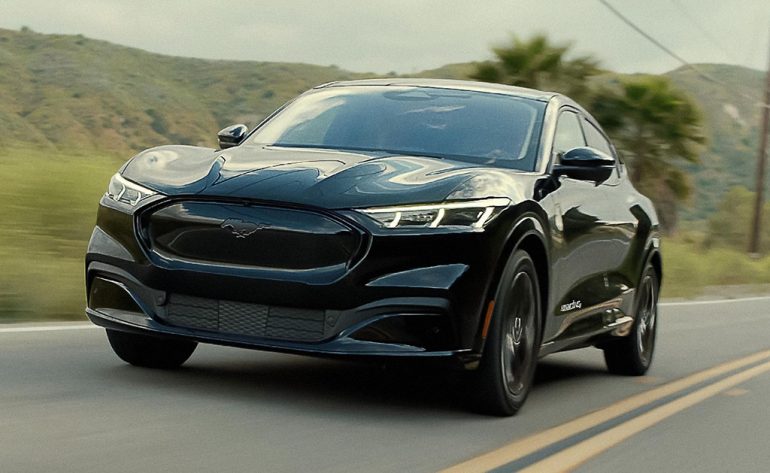
During an earnings call this week, Ford CEO Jim Farley unveiled plans for a groundbreaking project within the company: the development of a new electric vehicle (EV) platform. Farley shed light on a clandestine team, dubbed a “skunkworks team,” that has been operating outside of Ford’s conventional structure for the past two years and led by ex-Tesla executive, Alan Clarke. This team, functioning akin to a startup, has diligently worked on crafting a low-cost electric platform, marking a significant shift in Ford’s strategy.
The primary focus of this covert endeavor is to create an affordable electric platform, addressing the barrier of high upfront costs that has hindered the widespread adoption of EVs. Farley emphasized the importance of affordability, recognizing that while consumers are increasingly drawn to electric vehicles, the steep initial expenses have slowed down the transition. The ultimate goal is to compete with both “affordable Teslas and Chinese OEMs,” highlighting the intense competition in the EV market.
This initiative comes at a crucial juncture, as Tesla’s Model Y significantly undercuts Ford’s Mustang Mach-E in terms of price, and the entry-level Model 3 hatchback is substantially cheaper. Additionally, such a low-cost EV could rival vehicles like the supposedly forthcoming and rumored Tesla Model 2, for whenever that arrives. Despite the Mach-E and other EV offerings being among Ford’s pricier vehicles, the company has struggled to turn a profit, facing losses amounting to $4.7 billion on EVs in 2023 alone. Therefore, the new platform aims to prioritize profitability from every angle, marking a strategic pivot in Ford’s approach to electric mobility.
Farley hinted at the platform’s potential to serve as a foundation for a range of upcoming vehicles, although specific details remain scarce. However, he emphasized the platform’s scalability and flexibility, suggesting it could pave the way for a diverse lineup of electric vehicles tailored to different market segments.
Moreover, Farley underscored the importance of integrating software and services into the new platform, envisioning it as a “large install base” for various offerings. While precise details about these services were not disclosed, Ford’s existing ventures into software subscriptions, such as the BlueCruise hands-free driving system, indicate a lucrative opportunity for the company. The growth of Ford Pro, the fleet and work-focused division, in software subscriptions further underscores the potential profitability of such offerings.
Looking ahead, Ford executives have set ambitious targets for the profitability of the new generation of EVs slated for release in 2026. This represents a significant departure from the current trend, where profitability has remained elusive for Ford’s EV ventures. As such, it’s conceivable that future EV models may introduce additional subscription-based services, presenting both opportunities and challenges for consumers accustomed to traditional ownership models considering automakers like BMW didn’t fair too well with the masses after the introduction such services.

Lloyd Tobias is a seasoned automotive journalist and passionate enthusiast with over 15 years of experience immersed in the world of cars. Whether it’s exploring the latest advancements in automotive technology or keeping a close pulse on breaking industry news, Lloyd brings a sharp perspective and a deep appreciation for all things automotive. His writing blends technical insight with real-world enthusiasm, making his contributions both informative and engaging for readers who share his love for the drive. When he’s not behind the keyboard or under the hood, Lloyd enjoys test driving the newest models and staying ahead of the curve in an ever-evolving automotive landscape.